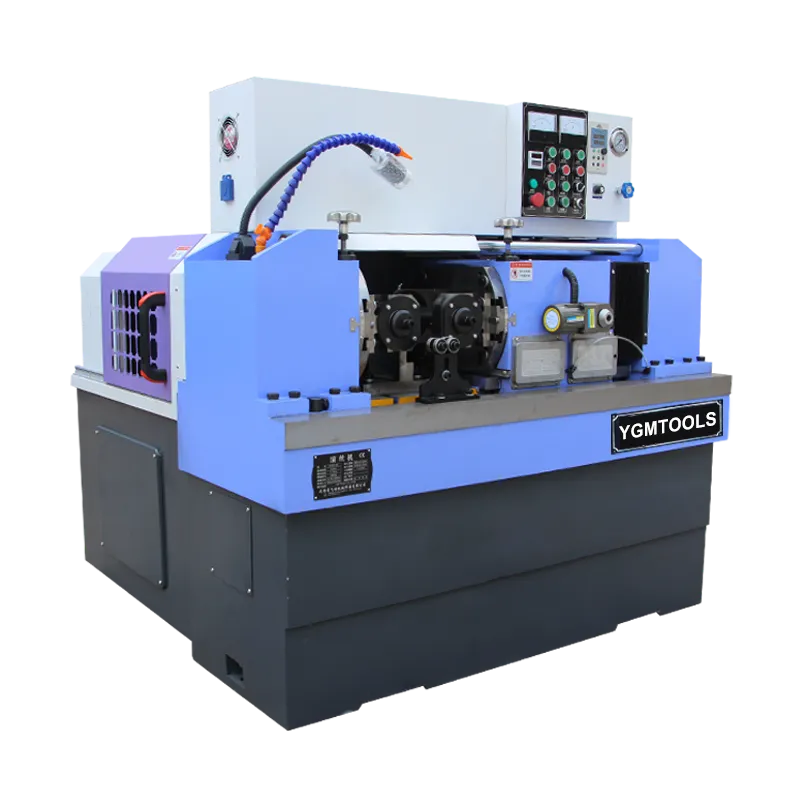
-
 Afrikaans
Afrikaans -
 Albanian
Albanian -
 Amharic
Amharic -
 Arabic
Arabic -
 Armenian
Armenian -
 Azerbaijani
Azerbaijani -
 Basque
Basque -
 Belarusian
Belarusian -
 Bengali
Bengali -
 Bosnian
Bosnian -
 Bulgarian
Bulgarian -
 Catalan
Catalan -
 Cebuano
Cebuano -
 Corsican
Corsican -
 Croatian
Croatian -
 Czech
Czech -
 Danish
Danish -
 Dutch
Dutch -
 English
English -
 Esperanto
Esperanto -
 Estonian
Estonian -
 Finnish
Finnish -
 French
French -
 Frisian
Frisian -
 Galician
Galician -
 Georgian
Georgian -
 German
German -
 Greek
Greek -
 Gujarati
Gujarati -
 Haitian Creole
Haitian Creole -
 hausa
hausa -
 hawaiian
hawaiian -
 Hebrew
Hebrew -
 Hindi
Hindi -
 Miao
Miao -
 Hungarian
Hungarian -
 Icelandic
Icelandic -
 igbo
igbo -
 Indonesian
Indonesian -
 irish
irish -
 Italian
Italian -
 Japanese
Japanese -
 Javanese
Javanese -
 Kannada
Kannada -
 kazakh
kazakh -
 Khmer
Khmer -
 Rwandese
Rwandese -
 Korean
Korean -
 Kurdish
Kurdish -
 Kyrgyz
Kyrgyz -
 Lao
Lao -
 Latin
Latin -
 Latvian
Latvian -
 Lithuanian
Lithuanian -
 Luxembourgish
Luxembourgish -
 Macedonian
Macedonian -
 Malgashi
Malgashi -
 Malay
Malay -
 Malayalam
Malayalam -
 Maltese
Maltese -
 Maori
Maori -
 Marathi
Marathi -
 Mongolian
Mongolian -
 Myanmar
Myanmar -
 Nepali
Nepali -
 Norwegian
Norwegian -
 Norwegian
Norwegian -
 Occitan
Occitan -
 Pashto
Pashto -
 Persian
Persian -
 Polish
Polish -
 Portuguese
Portuguese -
 Punjabi
Punjabi -
 Romanian
Romanian -
 Russian
Russian -
 Samoan
Samoan -
 Scottish Gaelic
Scottish Gaelic -
 Serbian
Serbian -
 Sesotho
Sesotho -
 Shona
Shona -
 Sindhi
Sindhi -
 Sinhala
Sinhala -
 Slovak
Slovak -
 Slovenian
Slovenian -
 Somali
Somali -
 Spanish
Spanish -
 Sundanese
Sundanese -
 Swahili
Swahili -
 Swedish
Swedish -
 Tagalog
Tagalog -
 Tajik
Tajik -
 Tamil
Tamil -
 Tatar
Tatar -
 Telugu
Telugu -
 Thai
Thai -
 Turkish
Turkish -
 Turkmen
Turkmen -
 Ukrainian
Ukrainian -
 Urdu
Urdu -
 Uighur
Uighur -
 Uzbek
Uzbek -
 Vietnamese
Vietnamese -
 Welsh
Welsh -
 Bantu
Bantu -
 Yiddish
Yiddish -
 Yoruba
Yoruba -
 Zulu
Zulu
Exploring the Production Processes of Roll Thread Machine Manufacturers
Exploring the Future of Roll Thread Machine Factories
In the ever-evolving landscape of manufacturing, roll thread machine factories stand out as essential hubs for producing high-precision threaded components used across various industries. From automotive to aerospace and beyond, these machines facilitate the efficient creation of threads that are crucial for assembling items with strength and reliability. As we delve into the intricacies and advancements of roll thread machine factories, it becomes evident that they are integral to modern manufacturing practices.
Roll thread machines operate on a principle that combines speed, efficiency, and precision. Unlike traditional cutting methods, which remove material to create threads, rolling threads involves deforming the material to form the desired shape. This method not only reduces waste but also enhances the physical properties of the metal, leading to stronger threads. The machines utilize hardened dies that shape the workpiece, resulting in a final product that can withstand greater stress and strain.
The factory setting for roll thread machines is characterized by state-of-the-art technology and automation. Modern factories are increasingly incorporating smart manufacturing practices, utilizing advanced software and robotics to streamline production processes. This technological integration allows for real-time monitoring of operations, ensuring optimal performance and minimizing downtime. Furthermore, data analytics plays a crucial role in predictive maintenance, enabling factories to identify potential issues before they escalate into costly repairs.
roll thread machine factories

Sustainability is another focus area for roll thread machine factories. As industries strive to reduce their environmental impact, manufacturers are seeking to implement greener practices. This includes using energy-efficient machinery and adopting recycling programs for scrap materials. By prioritizing sustainable practices, these factories not only lower their carbon footprint but also appeal to environmentally-conscious clients.
Innovation within the realm of roll thread machines is also noteworthy. Manufacturers are continually experimenting with new materials and designs to enhance the performance of their machines. For instance, innovations in die design can lead to improved thread quality and reduced production times. Additionally, advancements in CNC (Computer Numerical Control) technology enable greater precision and flexibility in manufacturing processes, allowing factories to cater to an increasingly diverse range of client needs.
As we look to the future, roll thread machine factories are likely to play a pivotal role in the growth of various sectors. The demand for high-quality threaded components is expected to rise, driven by the proliferation of advanced technologies such as electric vehicles and renewable energy systems, which require reliable fastening solutions. Consequently, investment in roll thread machine factories is poised to increase, supporting both technological advancements and skilled labor development.
In conclusion, roll thread machine factories are not just manufacturing facilities; they are essential contributors to the global economy and technological progress. By embracing innovation, sustainability, and automation, these factories are set to thrive in a competitive landscape, ensuring the production of high-quality threaded components for years to come.
